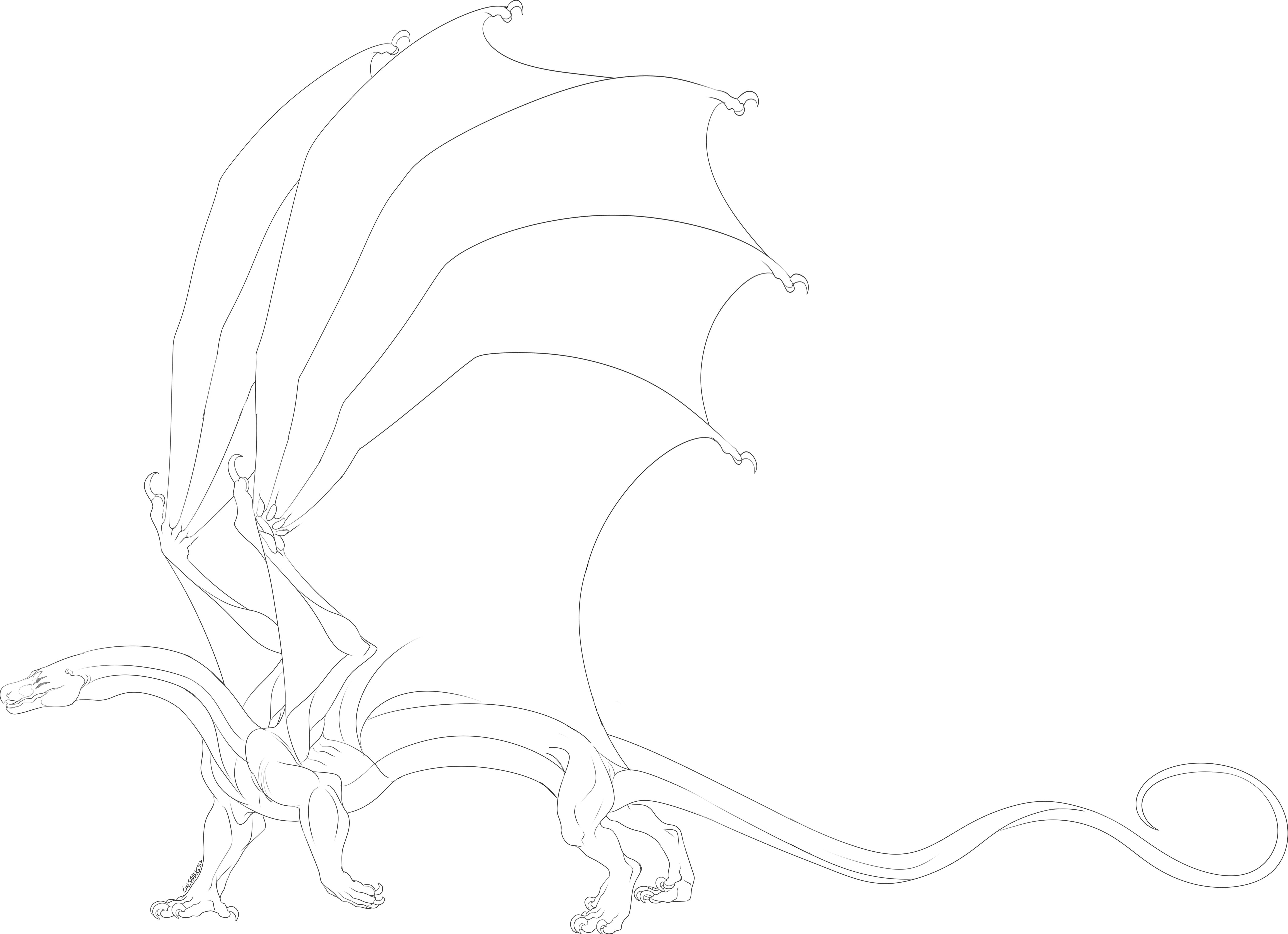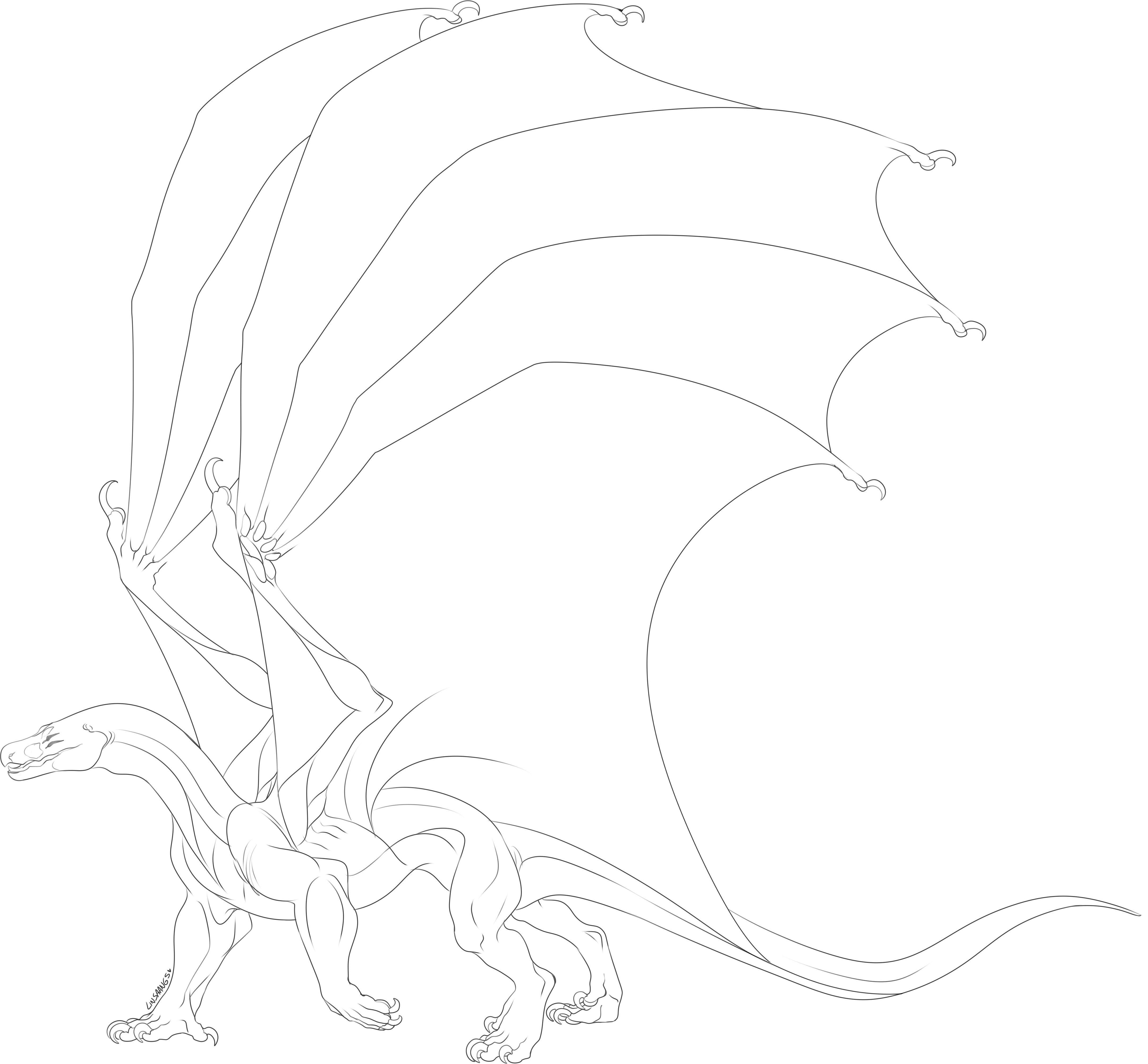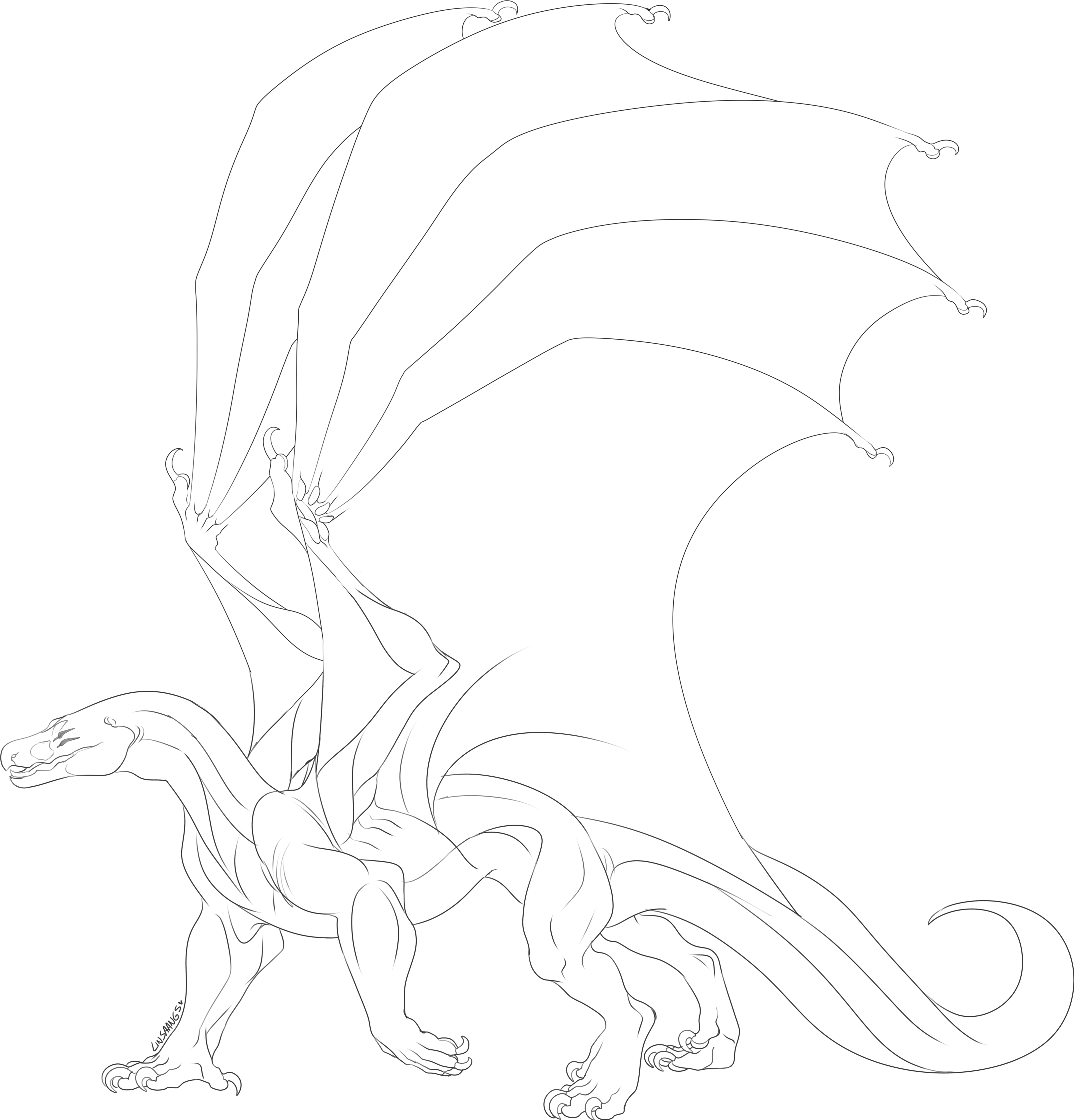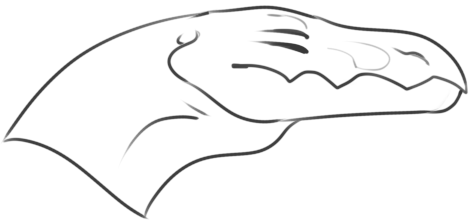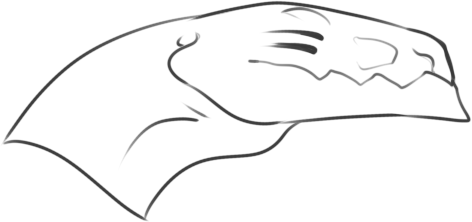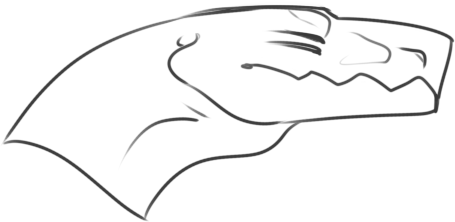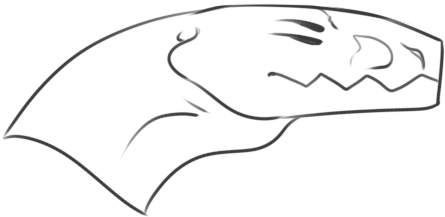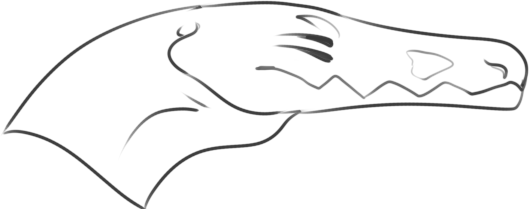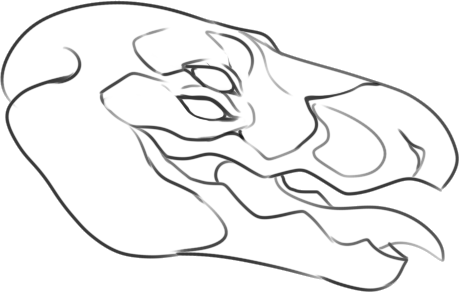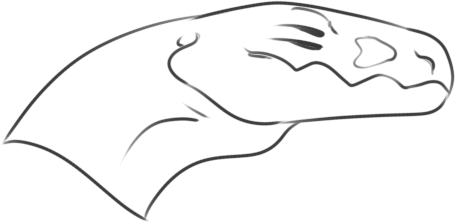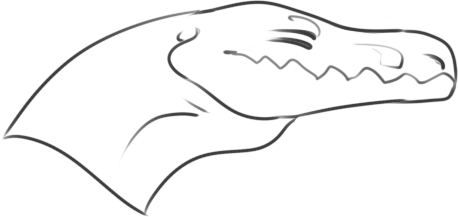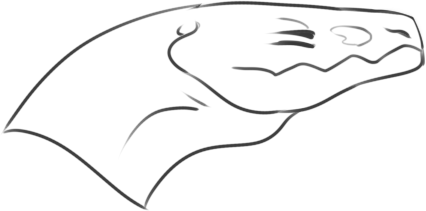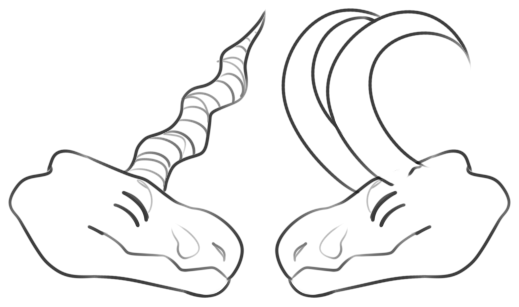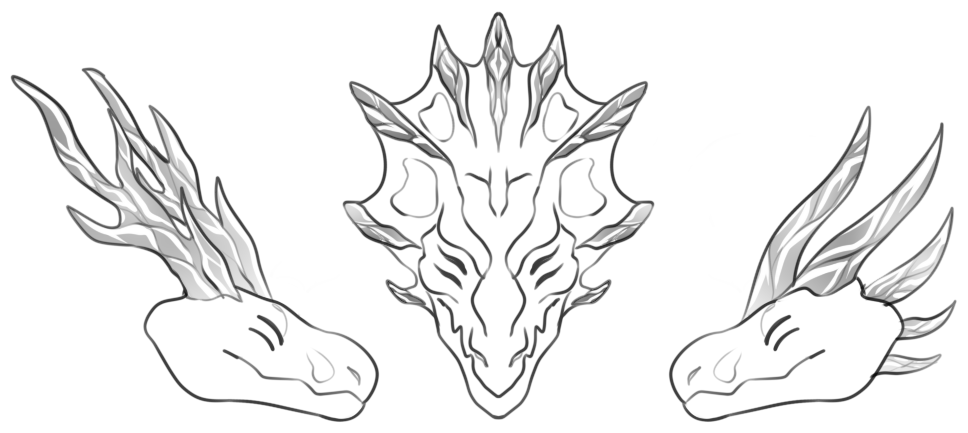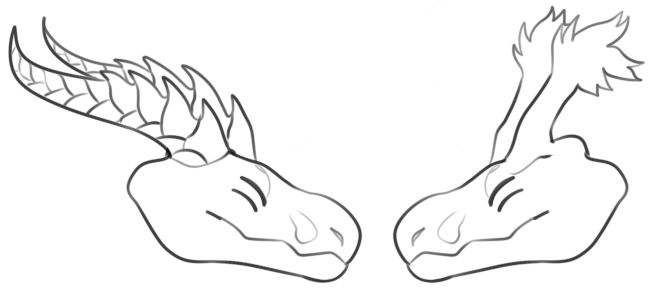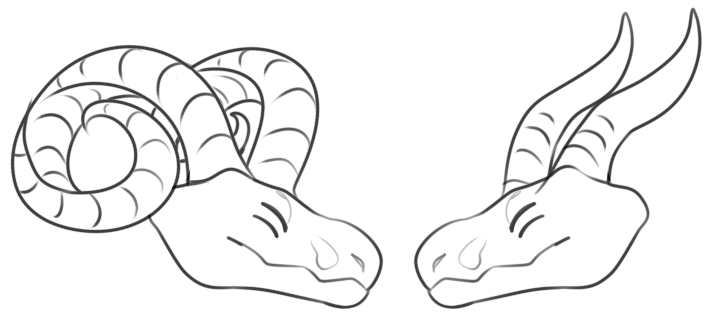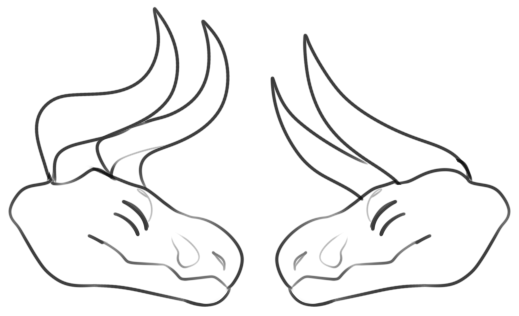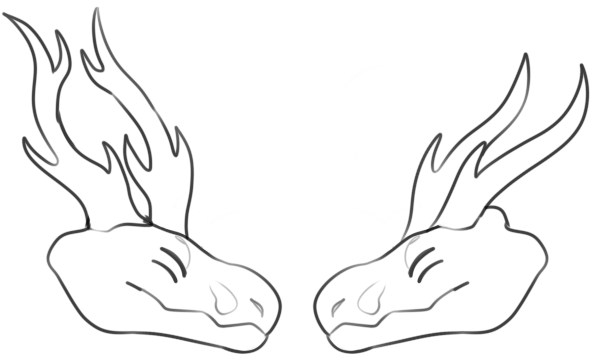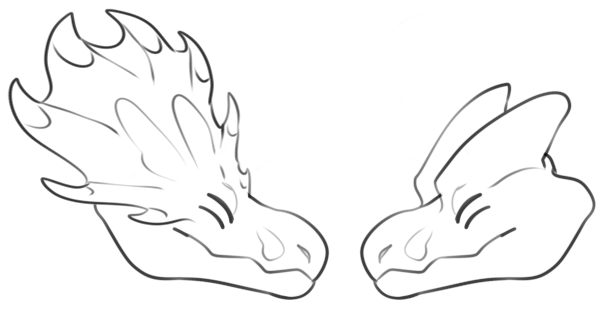Traits
Crysalla Serpentine Body (Uncommon)
Long, elongated and flexible bodies. Smaller front legs, curving back, thin hind legs, and flexible tail. These Crysalla are built for speed, and are taller and longer than the standard of the same age.
Crysalla Standard Body (Common)
Thick, muscular, sturdy bodies. Large front legs, straight back, thin hind legs, and stiff tail. These Crysalla are built for strength, and aren’t very flexible.
Crysalla Dwarf Body (Rare)
Small, thick, and fat bodies. Thicker legs, short back, and fat deposits in the tail. Smallest Crysalla, and often mistaken for youth. Not to be confused with achondroplasia.
Crysalla Beaked Head (Limited)
Slender, corvidesque beak
Crysalla Rectangular Head (Legendary)
Prominent forehead ridge, square shaped snout
Crysalla Blunt Head (Legendary)
Rounded forehead with square front.
Crysalla Jagged Head (Rare)
Long, with more prominent beak jags
Crysalla Dolichocephalic Head (Rare)
Long, crocodile-like snout
Crysalla Standard Head (Common)
Average head shape of a Crysalla
Crysalla Rounded Head (Common)
“Egg” shaped head, no dip between snout and forehead
Crysalla Slender Head (Uncommon)
Prominent dip between snout and forehead
Crysalla Brachycephalic Head (Uncommon)
Short, upturned snout
Crysalla Ivory Horns (Limited)
Composed of dentine and collagen, and highly prized material.
Crysalla Crystallized Horns (Legendary)
If you recall, Crysalla bones are highly mineralized. In addition to all of these types, a Crysalla can also have crystallized horns, which are part of the skull.
Crysalla Ossicone Horns (Rare)
Bony horns covered in skin with scales or fur.
Crysalla Bone Horns (Common)
“True” horns, a permanent extension of the skull with a keratin covering.
Crysalla Keratinous Horns (Uncommon)
Composed entirely of keratin and grow continuously, must be trimmed.
Crysalla Antler Horns (Uncommon)
Dead bone without a horn or skin covering that are periodically shed and regrown.
Crysalla Crests (Rare)
Bony growths on the skull that vary in shape and size.
